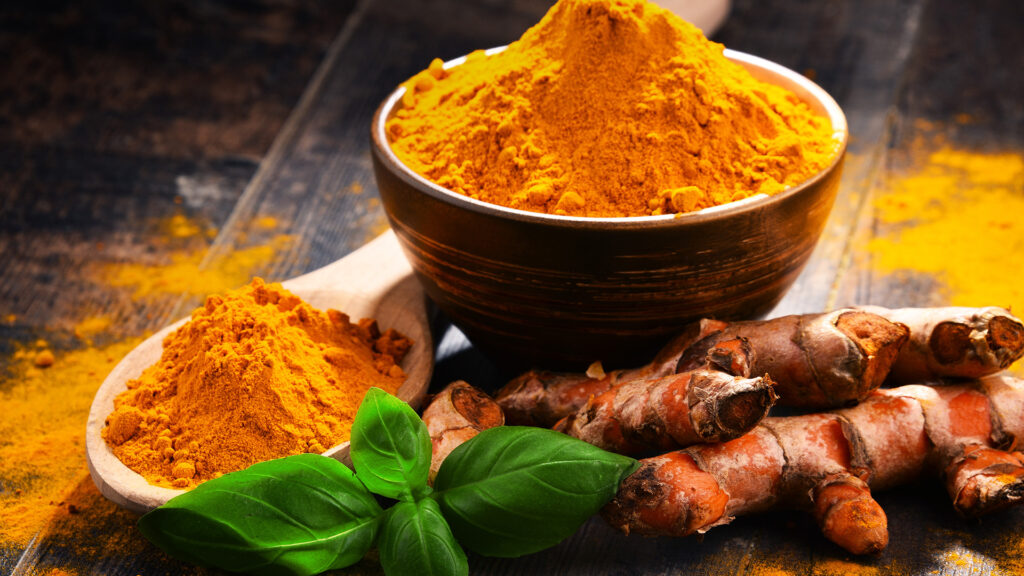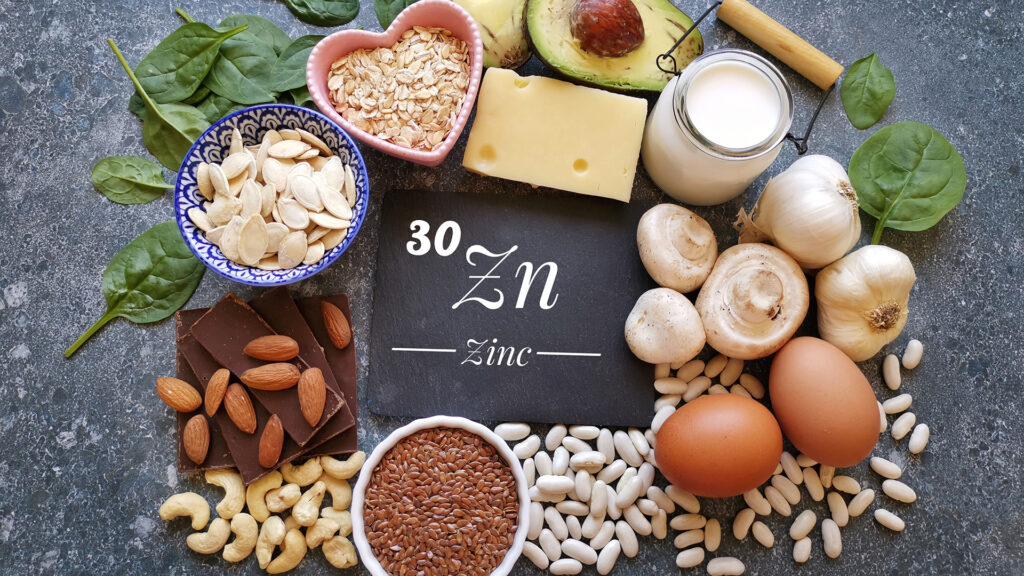What Are the Benefits of Turmeric?

Turmeric has widely been used in Asian countries for centuries as a spice and for its medicinal properties. It is a spice that comes from the root of the Turmeric plant. It has become a popular option for those looking for a natural supplement with health benefits. So what are the benefits of turmeric? Curcumin, a component in Turmeric, has been researched for its inflammation reduction properties[1]. The curcuminoids within the Turmeric root are believed to be where the antioxidant and healing properties are located. “Curcumin, a substance in turmeric, may help reduce inflammation in the body, so it’s been sold widely as a supplement,”(UnityPoint Health Dietitian Krista Kohls, RDN, CD) Is Turmeric Good for You? You may have heard Turmeric has low bioavailability in reference to turmeric’s limited absorption on its own.[2] So, what is bioavailability and why does it matter? Bioavailability is the amount of a dosage that actually enters the bloodstream and is able to reach your systemic circulation. Pharmacokinetics is the part of pharmacology that studies metabolism distribution, and excretion of a drug. This is where piperine the alkaloid[3] extracted from black pepper comes in to increase turmeric’s bioavailability. BioPerine is the trademarked version of piperine. BioPerine studies with piperine and turmeric have resulted in a 20 time increase in absorption. Turmeric is sold in many inflammation relief supplements but there are also other ways to add Turmeric to your diet. Turmeric is used to flavor Indian dishes such as; curry powder, mustard, cheese and butter. Sprinkle on your choice of meat or tofu, marinade beans or lentils, or use it in your favorite tea. Where Can I Buy Turmeric Supplements? BioClinical Science Ache Support MAX combines Turmeric (Curcuma longa), Piperine, Alpha-Lipoic-Acid, Vitamin B12 and Green Tea Extract. About BioClinical Science’s Ache Support MAX: Turmeric (Curcuma longa) is an ancient Indian spice that is becoming a popular herbal supplement due to its antioxidant and anti-inflammatory benefits. The antioxidant activity from Curcumin in Nature Made Turmeric helps neutralize free radicals. Out of various common spices, turmeric has one of the highest antioxidant contents and falls within the top ten of the fifty antioxidant-containing foods. Piperine is important in Turmeric supplements to aid in absorption. “Alpha-Lipoic-Acid’s primary role is to convert blood sugar (glucose) into energy using oxygen, a process referred to as aerobic metabolism. Alpha-lipoic acid is also considered an antioxidant, meaning that it can neutralize harmful compounds called free radicals that damage cells at the genetic level”.[4] Vitamin B12 is another powerful antioxidant. Because antioxidants protect your body from damage against reactive oxygen species and free radicals, they prevent inflammatory responses occurring in the first place. [5] Green Tea has antioxidants called catechins that reduce inflammation. Green tea’s most powerful antioxidant is Epigallocatechin gallate, EGCG. [6] Medicinal doses of turmeric supplements should be avoided in children, pregnant or breastfeeding women as there isn’t enough safety data in these populations. If you are considering adding medicinal doses of turmeric from supplements consult your healthcare provider first to check for medication interactions or pre-existing conditions. References https://www.unitypoint.org/news-and-articles/using-turmeric-as-anti-inflammatory https://pubmed.ncbi.nlm.nih.gov/17999464/ https://www.ncbi.nlm.nih.gov/pmc/articles/PMC3918523/ https://pubmed.ncbi.nlm.nih.gov/25104975/ https://www.ncbi.nlm.nih.gov/pmc/articles/PMC6412369/ https://www.ncbi.nlm.nih.gov/pmc/articles/PMC3401676/
